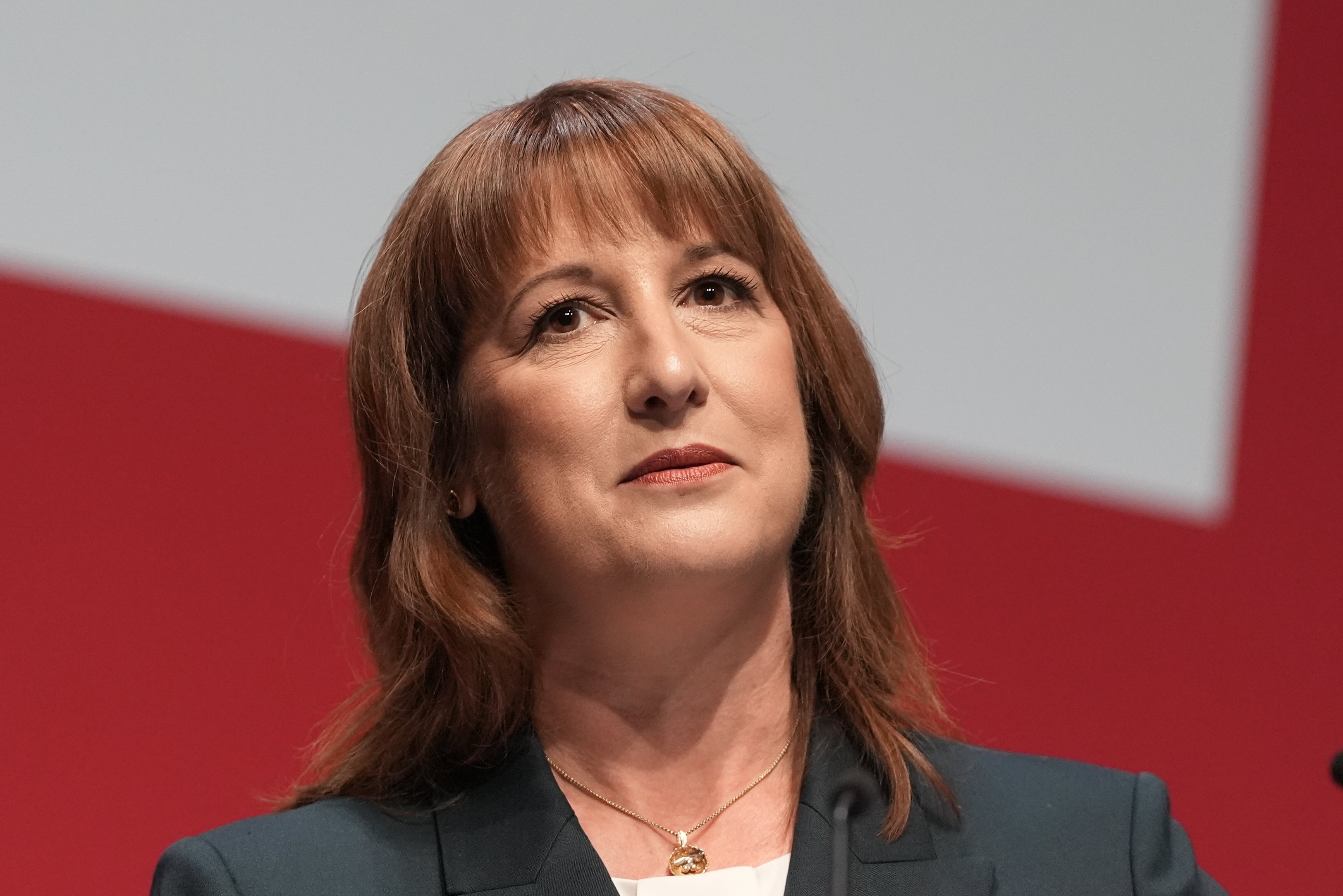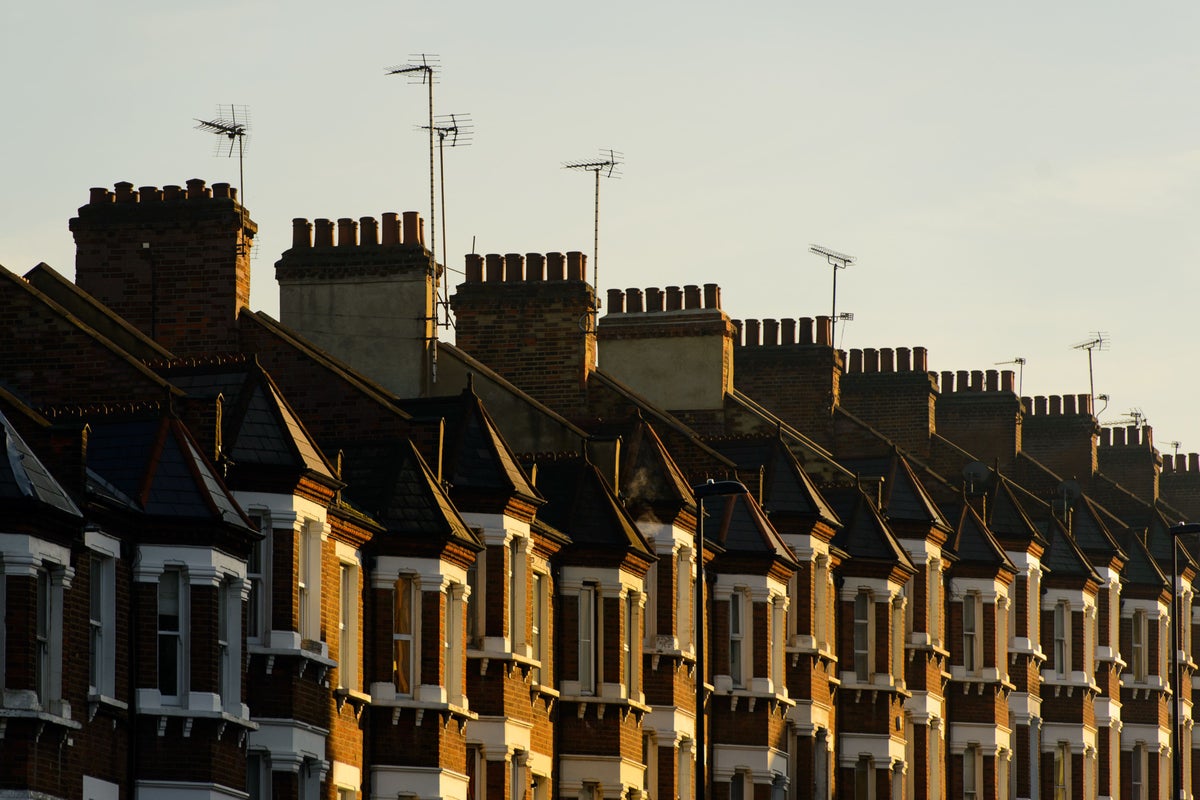- News
- UK
- UK Politics
A new levy targeting wealth is reportedly under consideration by the chancellor
Albert TothMonday 24 November 2025 10:27 GMTComments
 CloseStarmer refuses to say if he stands by pledge not to raise taxes
CloseStarmer refuses to say if he stands by pledge not to raise taxes
Sign up for the View from Westminster email for expert analysis straight to your inbox
Get our free View from Westminster email
Get our free View from Westminster email
 Email*SIGN UP
Email*SIGN UPI would like to be emailed about offers, events and updates from The Independent. Read our Privacy notice
With Labour’s autumn Budget just days away, the Treasury is reportedly considering ways to shake up property tax in the UK, including a controversial new levy on high-value properties.
Chancellor Rachel Reeves may need to find at least £22bn at the upcoming fiscal event, researchers from the Institute for Fiscal Studies (IFS) recently warned, as weak growth forecasts continue to reduce room for manoeuvre.
Adding further to the government’s woes is the expectation that the Office for Budget Responsibility (OBR) will downgrade the UK’s performance on productivity, which could add another £20bn gap in public spending.
Just days before the Budget, it has also been reported that the watchdog will downgrade this forecast every year of this parliament.
 open image in galleryChancellor Rachel Reeves may need to find at least £22bn at the upcoming fiscal event, researchers from the Institute for Fiscal Studies (IFS) recently warned (PA Wire)
open image in galleryChancellor Rachel Reeves may need to find at least £22bn at the upcoming fiscal event, researchers from the Institute for Fiscal Studies (IFS) recently warned (PA Wire)Ministers have insisted that any tax rises should be focused on those with the most wealth, as living standards across the UK face a bleak future. It is understood that the chancellor is currently considering a so-called ‘mansion tax’ that would see owners of high-value properties hit with a new charge.
Different versions of how the tax could work have been floated, both with the potential to raise considerable sums for the exchequer.
Most recently, it was reported that the chancellor has scaled back on plans to introduce a levy to owners of the UK’s 300,000 homes worth £1.5 million and over, instead planning to apply a tax to homes worth over £2 million – of which there are currently 150,000. The move could raise between £400 and £450 million for the Treasury.
Around 2.4 million properties in the top three council tax bands (F, G and H) will be revalued to determine which will be subject to the surcharge, The Times reports.
Homeowners will reportedly be able to defer the cost until they die or move house to avoid forcing them to sell up.
Previous reports have indicated that the tax will come in the form of a simple levy, with an annual charge of one per cent of the amount over the £2 million threshold. This would mean a £10,000 yearly fee for homeowners with a property worth £3 million, for instance.
Earlier in the year, the Treasury was understood to be considering a less radical and lower-revenue mansion tax that would be introduced through changes to how capital gains are taxed.
In the UK, capital gains tax is payable on the sale of most high-value assets. This includes property, stocks and possessions worth over £6,000.
However, a homeowner currently does not usually need to pay capital gains tax on the sale of a property which has been their primary residence during the time they have owned it.
This would change under the proposed plans when the value of the property of the house being sold is high value, likely worth above £1.5 or £2 million.
The way capital gains tax works for property sales sees sellers required to work out the “gain” they have made on the asset. This is usually the difference between what they paid for the property and the amount they sold it for.
 open image in galleryFormer IFS director Paul Johnson recently told The Independent that the government should reform taxes so that council tax is proportional to the current value of a property (PA)
open image in galleryFormer IFS director Paul Johnson recently told The Independent that the government should reform taxes so that council tax is proportional to the current value of a property (PA)If this is above, or takes the seller above, their capital gains tax allowance – £3,000 every year – they will need to report and pay the tax.
For higher or additional rate income tax payers, the rate is 24 per cent. For those on the basic rate, it’s 18 per cent.
Several economists have warned the chancellor against either model of the tax, arguing that it would add another layer of complexity to an already opaque property tax system.
Many have instead called on the chancellor to consider a complete overhaul of the system, beginning with council tax which still charges home owners based on valuations carried out in 1991.
Former IFS director Paul Johnson toldThe Independent last month that the government should reform taxes so that council tax is proportional to the current value of a property, whilst also scrapping stamp duty.
He added that a mansion tax on properties worth more than £2 million makes “some sense”, but he warned that it “wouldn’t raise anywhere near enough to fill a significant hole”.
“Such houses are definitely undertaxed at present,” he said. “I’d be much happier with a proper comprehensive reform of property taxes which made council tax proportional to current value and got rid of stamp duty.”
More about
Rachel ReevesCouncil TaxInstitute for Fiscal StudiesTaxLabourBudgetTreasuryUKJoin our commenting forum
Join thought-provoking conversations, follow other Independent readers and see their replies
Comments



